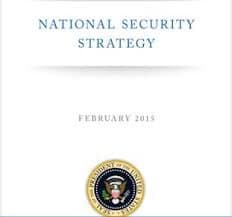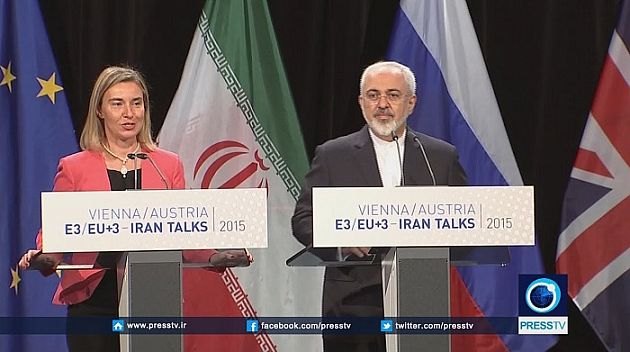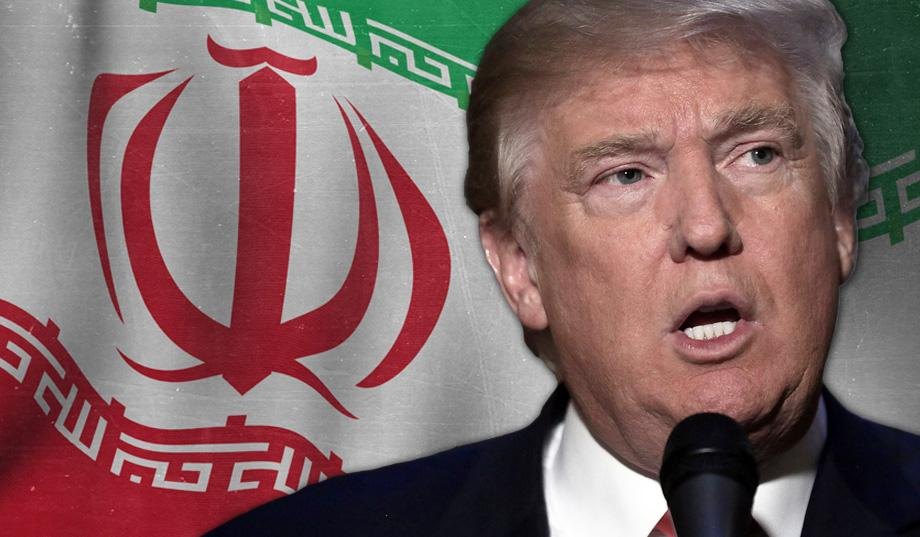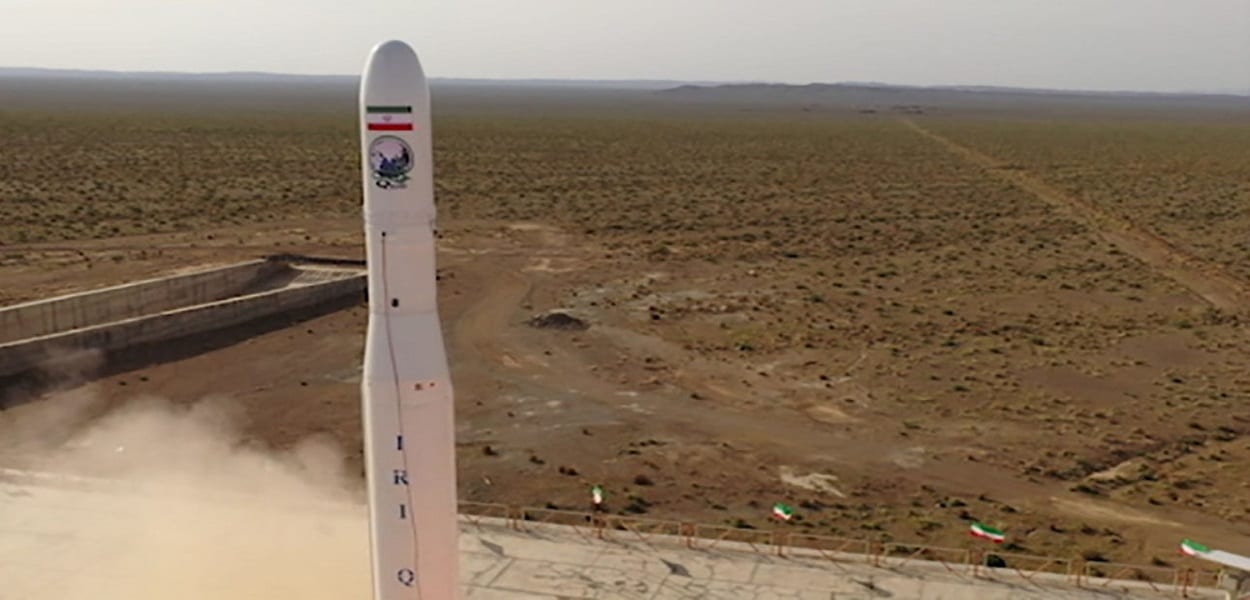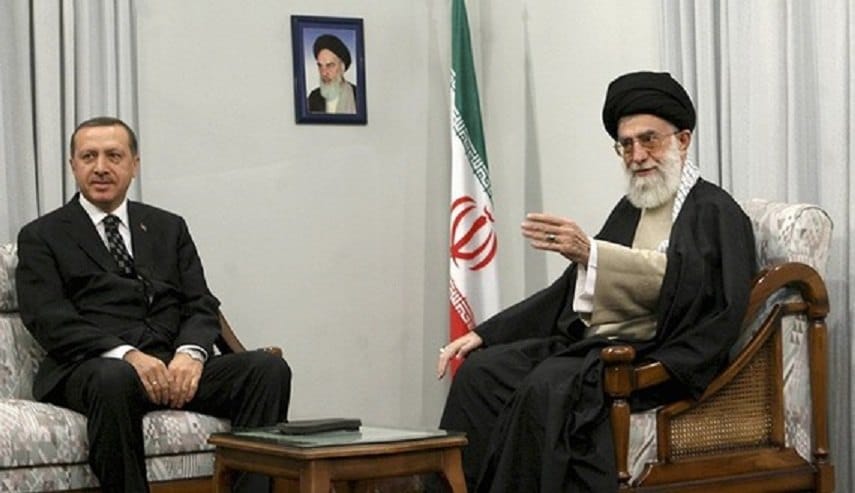The Expansion of Iran’s Relations with the Northern and Eastern Europe; a Balancing Factor
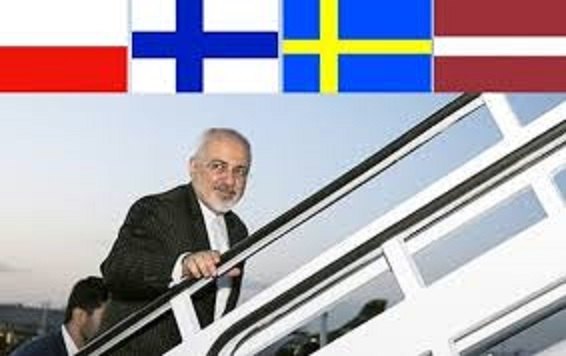
Yasser Nooralivand
Looking towards the Northern and Eastern Europe by the Ministry of Foreign Affairs, not only represents a comprehensive and balanced approach of this Government towards different regions and areas, but also is an indication of the new approach towards the Europe and a new period of orientations and activities of Iran’s diplomacy vis-à-vis this region in post-JCPOA era.
Eastern and northern European countries had a much lower position in Iran’s foreign policy compared with the southern and western parts of the continent, in recent decades.
Although the countries of Eastern and Northern Europe received special attention by the Islamic Republic of Iran in the first decade after the Islamic Revolution due to the similar economic systems, but this trend ceased to continue for various reasons.
The economic relations used as a tool for opening diplomatic relations with the western European countries instead of being resulted from an independent economic diplomacy over the past détente periods.
At a time when political relations with the Europe have been strained as a result of new tensions, economic relations have decreased in a meaningful manner.
To be able to compete with the productions of Western Europe in the foreign arena, Northern and Eastern Europe productions are offered with lower prices.
The development of economic relations with the countries of the North and East Europe made it possible for Iran to import goods and products with the European quality standard, with lower costs.
Iran’s geographical proximity to the countries of the North and East Europe, provides an easier condition for the transit of goods and even allows the development of the ways of goods transport from Iran to these countries and then the rest of the Europe and vice versa.
The countries of the North and East Europe, compared with the countries of West Europe, do not consider the political challenges as a precondition for the development of relations and do not table it in their relations with Iran.
The willingness of the countries of North and East Europe towards the barter economy and the barter of goods, provides this advantage for the Islamic Republic of Iran to take advantage of this mechanism in its relations with these countries, in case of any possible sanctions in the future.
Compared to the Western European countries, Iran’s economy has a more balancing and greater competition power both from quantitative and qualitative aspects with the Eastern and even Northern Europe.
On the sidelines of the Iran-Poland Joint Economic Meeting, the chambers of commerce of the two countries signed a joint investment Memorandum of Understanding in the presence of the Iranian Foreign Ministers.
It seems that with the last year’s visit of a senior Finnish business delegation to Iran –in which more than a hundred member from different political, business and economic groups of this country were present- and the visit of the Iranian Foreign Minister to Finland, a new chapter will begin in the economic relations with this country.
According to the MOUs and protocols concluded during the Foreign Minister’s recent visit to the North and East Europe, it is expected that a significant and positive increase in the volume of bilateral economic relations between Iran and these countries take place.

